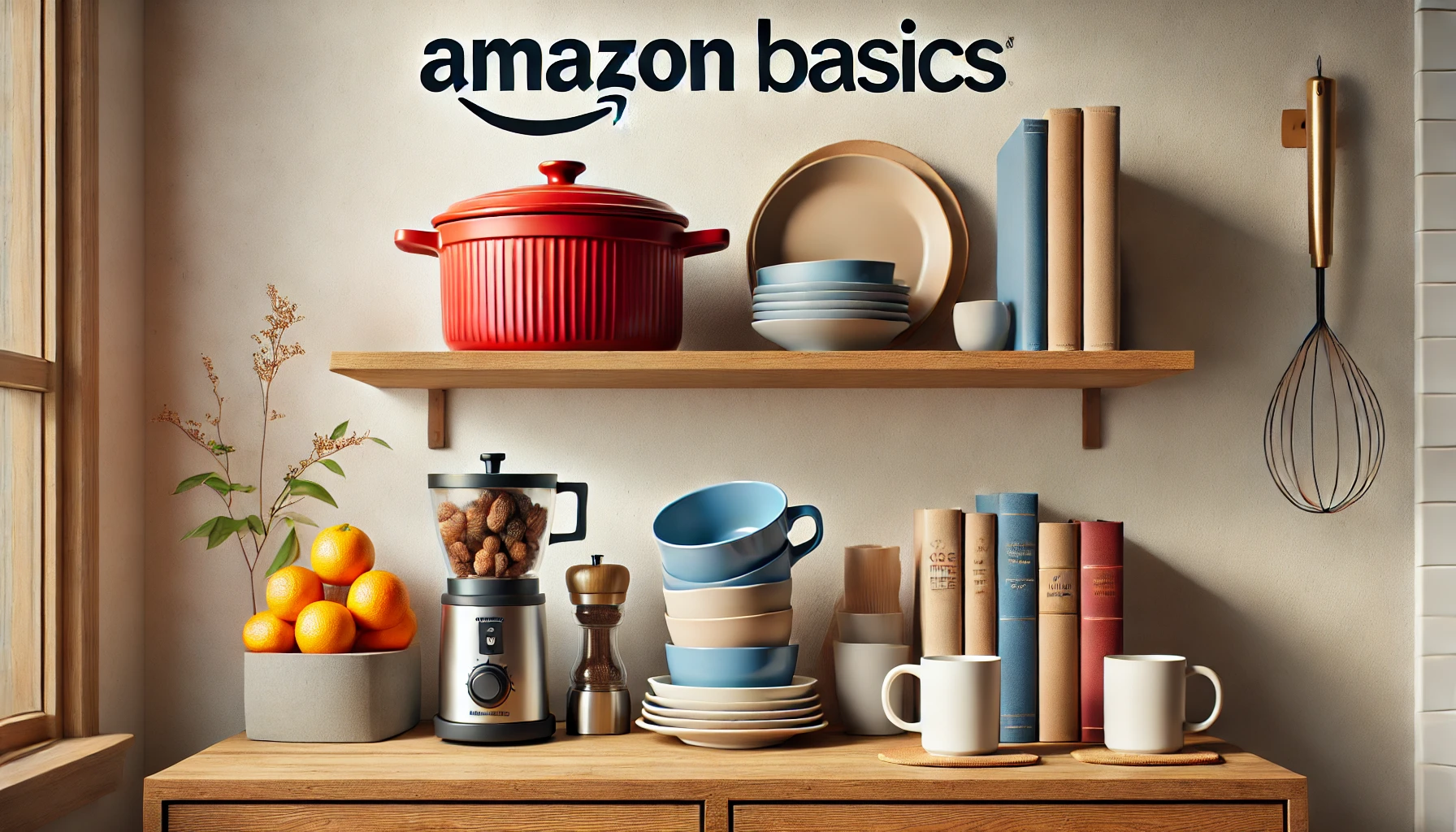
Navigating Safety and Compliance Challenges on Amazon
The U.S. Consumer Product Safety Commission (CPSC) recently issued a final order to Amazon, mandating stringent remediation plans for hazardous products found on the platform….
Blogs | July 9, 2019
A recent court ruling revealed that Amazon may soon be held liable for items sold by its third-party sellers. This can have a detrimental impact on Amazon’s business model, as the third-party marketplace makes up the bulk of Amazon’s sales and profits with over 5 million third-party sellers and an additional 3,500 added each day. That said, Amazon has not been able to grow and adapt its enforcement of regulations on said third-party sellers at the same pace.
The court’s decision places Amazon as the seller of record for counterfeit products, meaning they must be held accountable for selling these defective items. Amazon contends that they are in fact not the seller and that The Communications Decency Act (CDA) protects online companies such as Amazon from being held liable for content posted by users.
The overturned ruling of this most recent case is critical because it noted very important nuances specific to the Amazon marketplace that make it different from who/what the CDA was intended to protect. These differences include:
* Amazon has full control over product listings and owns the catalog of items
* Amazon controls the communication system between buyers and sellers
* Amazon has the ability to vet sellers and remove sellers
* Amazon has a deeper role in the sales process (Amazon gives sellers and manufacturers the ability to advertise and promote items)
* Amazon allows for third-parties to use its distribution system
* Amazon has very sophisticated systems to track for seller fraud
If Amazon is actually held liable for the items being sold on the marketplace, this will undeniably slow the marketplace’s growth. As the seller of record, many more responsibilities will be placed on Amazon’s shoulders, including accounting for those sales as revenue, being liable for taxes, and additional regulatory requirements (FDA, DOT, etc). Further, if a customer receives a counterfeit item, Amazon would be the entity held responsible for selling a fraudulent product.
This ruling doesn’t directly affect shoppers, so it hasn’t gotten the same coverage as say, Prime Shipping upgrades. But it’s imperative to note the effect this will have on marketplace growth and Amazon’s commitment to placing more emphasis on weeding out defective and counterfeit products. This applies to not only new brands selling on the marketplace but brands that have had a relationship with Amazon for years. It is a shared responsibility of both the manufacturers and Amazon to monitor and police the online marketplace.
Co-Founder & Chief Executive Officer, POTOO

The U.S. Consumer Product Safety Commission (CPSC) recently issued a final order to Amazon, mandating stringent remediation plans for hazardous products found on the platform….

Exciting news at POTOO! ✨ We’re thrilled to officially welcome Jennifer Elmashni our newly appointed President. Jennifer is a true eCommerce powerhouse, and we’ve had…

Amazon’s private-label brand, Amazon Basics, has transformed the e-commerce landscape since its inception. Known for its affordability and wide range of products, from home essentials…